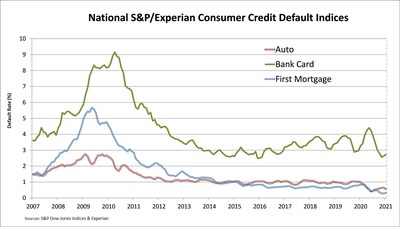The early days of a new relationship can be very exciting. It’s fun to spend time with someone you click with, and it is natural to begin thinking about whether this person may be a big part of your future. There is one important area that you don’t want to overlook as you’re getting to know—and let’s admit it, “vetting”—someone. That is budgeting. Don’t get so caught up in the new relationship that you forget to keep track of your budget, both as an individual and a new couple.
Know where things stand and be careful
Being a “new couple” means different things to different people. But whether you are a few days, weeks, or months into a new relationship, you should take things slow financially. Take inventory of where you stand with each other and what the expectations are. You should probably err on the side of caution early on and keep things separate as much as possible. This means that, if it’s feasible, you should avoid lending each other money or paying for expenses that are solely the other person’s. You should also avoid joint bank accounts early on. You basically want to protect yourself until you get to know your partner and have made a structured plan together. And remember, if your relationship is exclusively online right now, you will want to be extra careful and watch out for romance scams.
Discover each other’s money personality
As you get to know your partner, don’t overlook their financial personality. You can learn this through conversations about money, but also through observing their habits. You will quickly learn who is the spender and who is the saver (or maybe you’ll be the rare relationship with two savers!). You’ll learn what motivates the other person and what their financial strengths and weaknesses are. Be observant and look for areas that you can express as concerns and areas that are strengths. This will be good to know in general, but will help with budgeting specially. When you know what makes the other person tick, you will be better equipped to make a budget that works for both of you.
Discuss each individual’s goals or make joint goals
One of the best ways to budget is to start with your goals. After all, a budget is essentially a tool for achieving them. Take time to learn each other’s goals, both big and small. This will help you learn more about your partner’s financial standing. Do they have goals to pay off old debts, student loans, etc.? It’s also the opportunity to make plans together, like traveling or a large purchase, and then build a budget to put those plans into action.
Figure out the expenses you share and make a plan to split the costs fairly
As your relationship goes on you will probably have more shared expenses. Write these down and keep track of them together. You will want to split them equitably. Different couples will reach different conclusions on how to do this, depending on the expense. Some split things 50/50 and others reach a different breakdown depending on factors like income or usage.
Work together from a formula (pie chart or 50/30/20)
In addition to tracking your expenses, you will need to make a full budget. Luckily, you don’t have to reinvent the wheel. Consider a simple pie chart budget (there’s a great example in this article), or the very popular 50/30/20 approach. Whatever you decide, try to stick with it for a while to create consistency and give yourself some time to see results before trying a different strategy.
Revisit the budget often
You want to stick with your budget for the benefit of consistency, but don’t just make a budget once and call it quits. You will need to revisit the budget often. Doing so will allow you to make adjustments as changes occur to your income or expenses, check in on your progress, and hold each other accountable to make sure you stay on track and hit the targets you set. Figure out what works best for you and your partner. Maybe it’s once per week or once per month, but the important thing is to check in with each other regularly and keep an open line of communication about your finances.
More Help is Available
A new relationship leads to new experiences and new hopes for your future. Remember to keep your finances a top priority, too. If you want more help with your credit and financial goals, either individually or as a couple, consider reaching out to our credit counselors for a free credit counseling session.
The post Tips for Budgeting as a New Couple appeared first on NFCC.
Read more: nfcc.org









